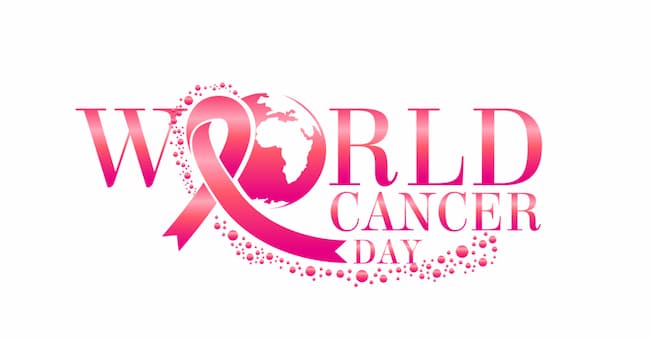The World Health Organisation (WHO) revealed in a statement that all types of cancer can be treated and many of them can be prevented or cured.
The global health agency disclosed while commemorating World Cancer Day 2022 which has the theme ‘Closing the Care Gap’.
“Cancer is one of the world’s leading causes of death, and its burden is growing. In 2021, the world crossed a sobering new threshold – an estimated 20 million people were diagnosed with cancer, and 10 million died. These numbers will continue to rise in the decades ahead. And yet all cancers can be treated, and many can be prevented or cured.
“Care for cancer, however, like so many other diseases, reflects the inequalities and inequities of our world. The clearest distinction is between high- and low-income countries, with comprehensive treatment reportedly available in more than 90% of high-income countries but less than 15% of low-income countries.
“Similarly, the survival of children diagnosed with cancer is more than 80% in high-income countries, and less than 30% in low- and middle-income countries. And breast cancer survival five years after diagnosis now exceeds 80% in most high-income countries, compared with 66% in India and just 40% in South Africa.
“Furthermore, a recent WHO survey found that cancer services are covered by a country’s largest, government health financing scheme in an estimated 37% of low- and middle-income countries, compared to at least 78% of high-income countries. This means that a cancer diagnosis has the potential to push families into poverty, particularly in lower-income countries, an effect that has been exacerbated during the COVID-19 pandemic.”
WHO’s efforts are focused on breast cancer, now the most common cancer; cervical cancer, which can be eliminated; and childhood cancer. The focus for each of these initiatives is low- and middle-income countries, where the biggest public health gains are to be made.
“These integrated global cancer initiatives are being implemented by more than 200 partners around the world, including many development banks who have significantly increased their investments in cancer research, prevention and care.”
The agency gave an assurance that these integrated global cancer initiatives were being implemented by more than 200 partners around the world, including many development banks that have significantly increased their investments in cancer research, prevention, and care.












